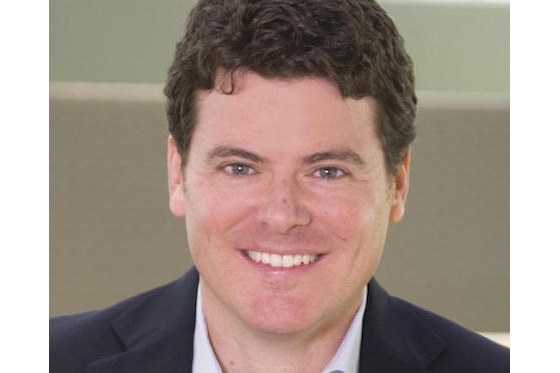Whether direct booking programs are the best and cheapest route to capture business and drive loyalty depends on who you ask and what research you want to believe, because the data seems to cut both ways. Considering the cost of SEO, SEM, social media activity, hosting fees, photography, marketing automation and more, the cost of a direct online booking could actually end up being more than the typical 20% charged by the OTA (closer to 12% if you are a behemoth like Marriott International). At the same time, brands argue that once guests become loyalists and go the direct route, booking costs contract exponentially.
Hyatt Hotels Corp. in late July leveraged its direct booking plan to strike a new deal to keep working with Expedia. It would have been hard pressed to walk away when data suggests hotels get 31% of online bookings, while OTAs dominate with 69%.
Today: HOTELS talked to top dog Marriott International about how its direct booking strategy is working. Next up: RLH Corporation’s EVP Bill Linehan on the value of its plan to drive business and loyalty via a unique partnership with Expedia; and what distribution consultants what they consider the best plan going forward, as multi-channel strategies are here to stay.
In 2015, Marriott International made WiFi perks its first direct-booking differentiator, followed by “It Pays to Book Direct” campaign later that year and then a member rate program in April 2016. Marriott Senior Vice President of Distribution Drew Pinto says, to date, customer response has surpassed expectations and the qualitative feedback will allow the giant to better tailor direct offers.
“The amount of customer confusion out there and the lack of awareness of the differences in the channels and what you get is still significant,” he says. “Our programs have really raised engagement.”
HOTELS interviewed Pinto in July to find out how Marriott’s direct booking program is faring.
HOTELS: How are you raising awareness of your direct booking program?
Drew Pinto: Merchandising. We’ve emphasized this message and we’ve made it very simple, which is, ‘This is what you get if you come direct.’ We only have so much marketing that we can do, so this is going to be a continual process to keep educating our customers.
H: Can you quantify results?
DP: I don’t have anything publically I can share. Generally, we have seen our direct channel penetration of our members increase significantly – in the double digits in terms of the amount of growth in how often they book through our direct channels.

H: Can you elaborate on your marketing strategy?
DP: We went more social and targeted efforts through digital channels. We’ve reinvested in the channels that have worked the best. A good example: Our Facebook dynamic ads for travel. We have expanded what we’re doing with Facebook because we’ve been pleased with the results. Our ROI on Facebook has exceeded some of the paid search by pretty good-sized double digits in terms of the return on ad spend.
H: How does your direct booking evolve from here?
DP: A basket of benefits is important, but probably even more importantly, what guests are really telling us is that they want to have a personalized, frictionless stay. So, more and more it’s about the value and service that they’re going to get, and that they’re recognized and have a superior stay experience.
H: How do you quantify the cost-effectiveness of the direct program?
DP: I won’t give you the number but we can very clearly stage that it’s more profitable than OTA bookings – even with fully loaded costs, we think it’s still more profitable on that first booking if someone books one of our member rate versus booking through an intermediary… We’ve also realizeddouble-digit lifts on inactive members becoming active – particularly with the member rate program.
H: Are you considering alternatives to direct booking discounts?
DP: We feel it’s in its early stages and there’s more to be done.
H: How is the direct booking program impacting OTA negotiations?
DP: We want to work with intermediaries in a way that we find mutually beneficial, but certainly beneficial to our hotels. If they’re willing to work with us, support us and find ways that we can grow together within that strategy, then let’s continue. If they’re not, then they’re going to be at odds with our long-term strategy, and that isn’t going to work out. But to their credit, they’ve been very open to it… We are exploring ways that we can grow business with them in ways like customer acquisition. Another a good example is our partnership with Expedia on our Vacations by Marriott product, where they’re providing technology to help us grow what is, in fact, a direct booking site for us.
H: What else is important to note?
DP: I want to continue to raise awareness. I’m still concerned that customers believe they get a lower price through other sites. There’s a lot of confusion.

